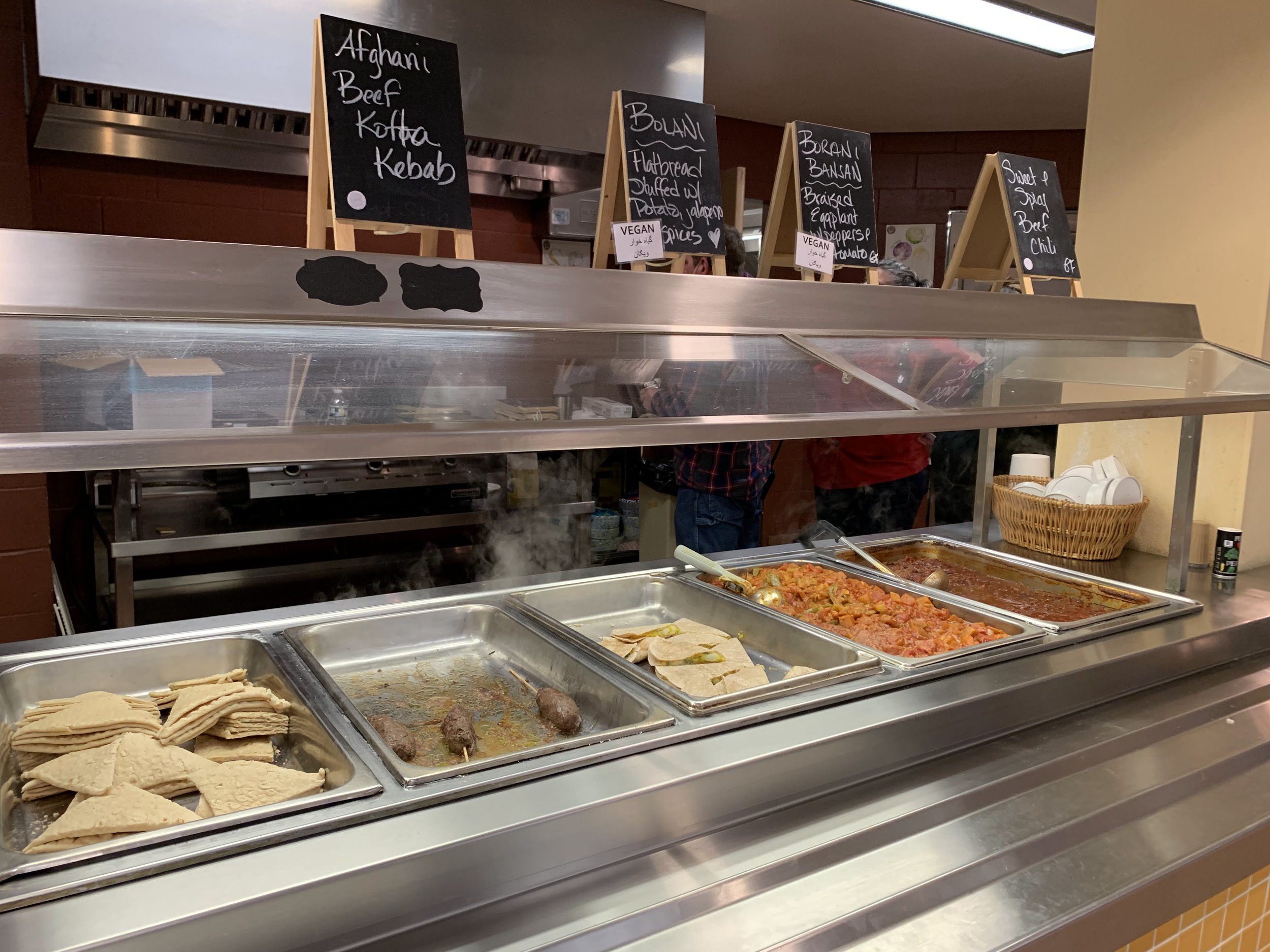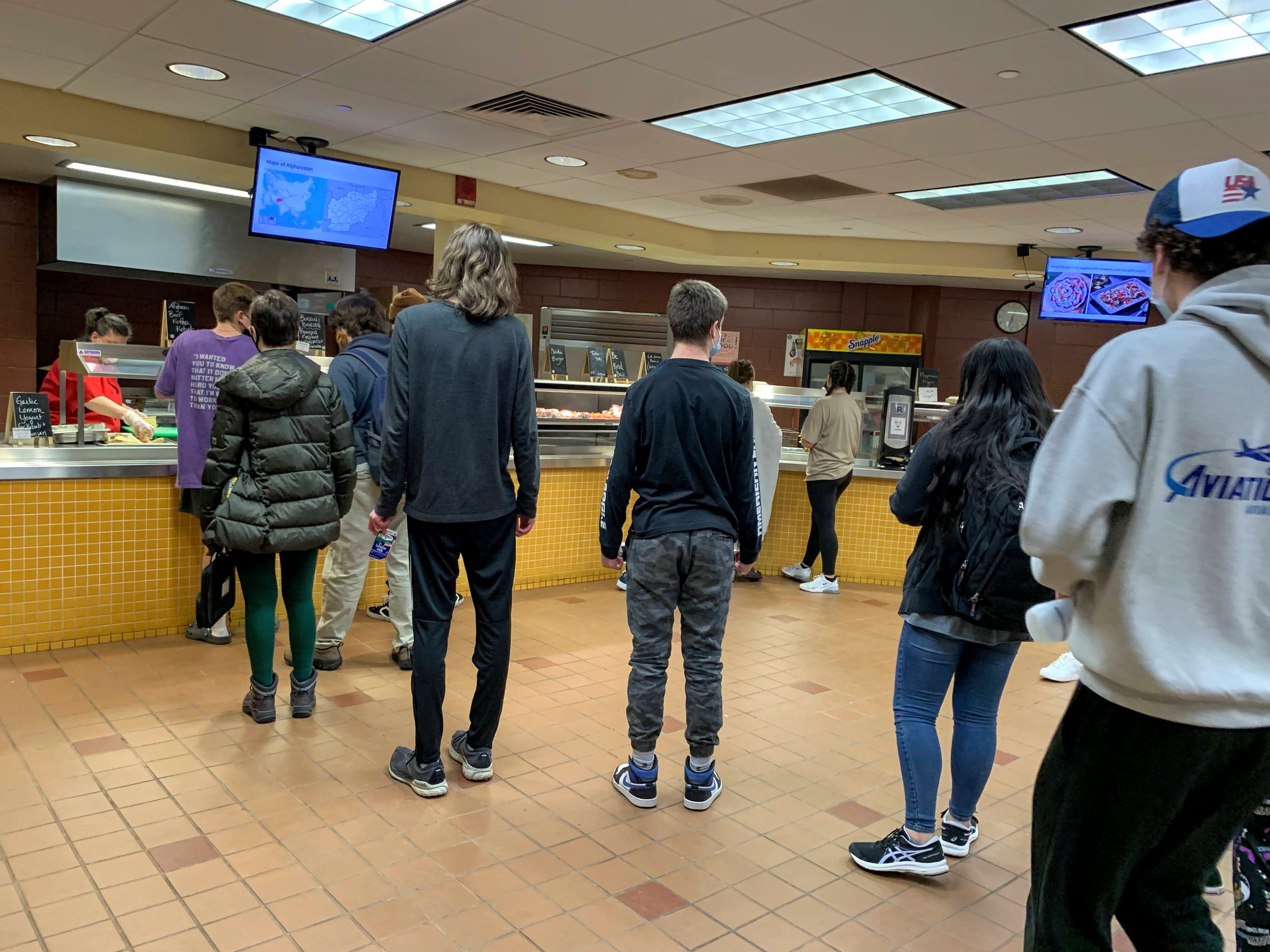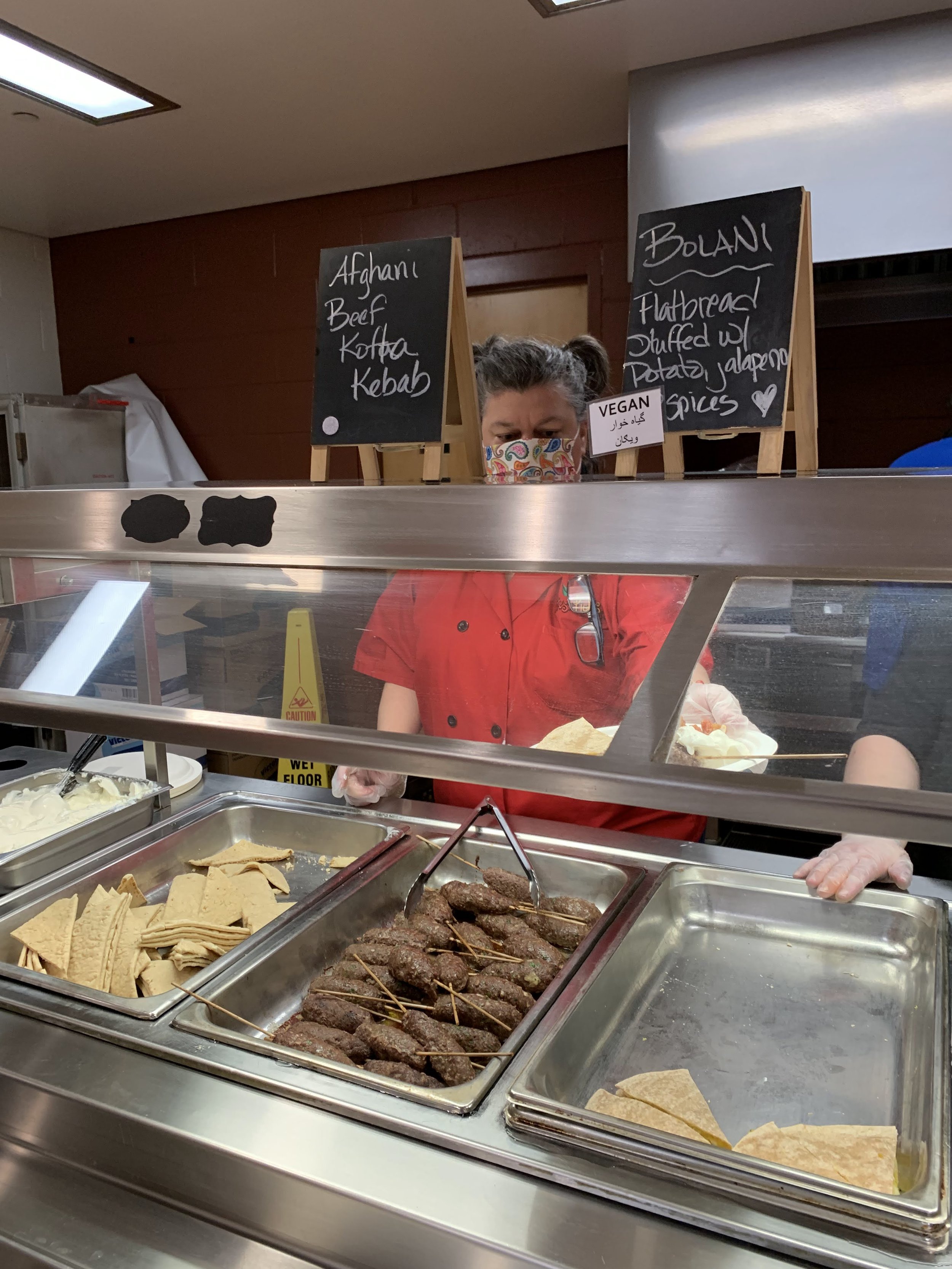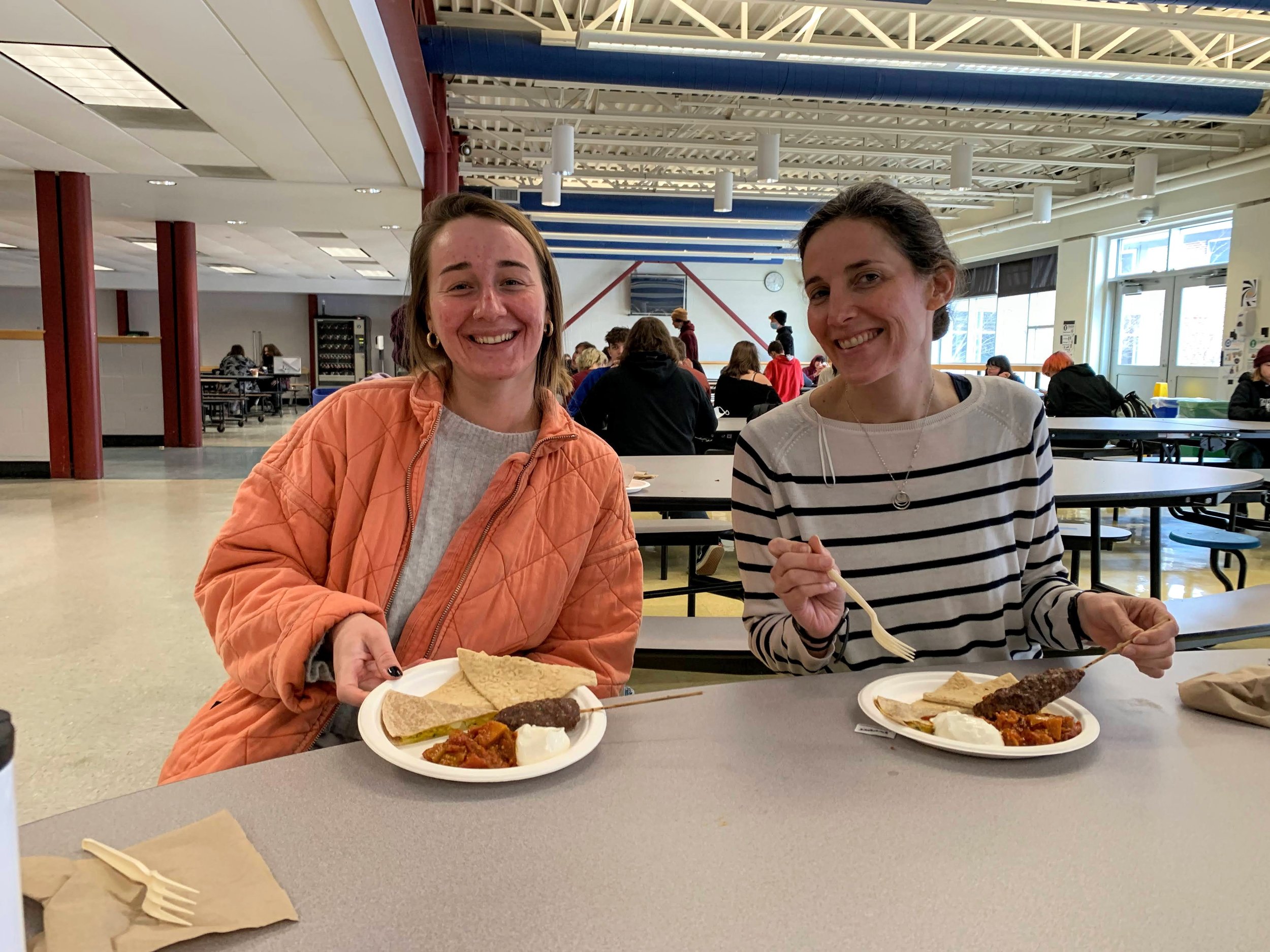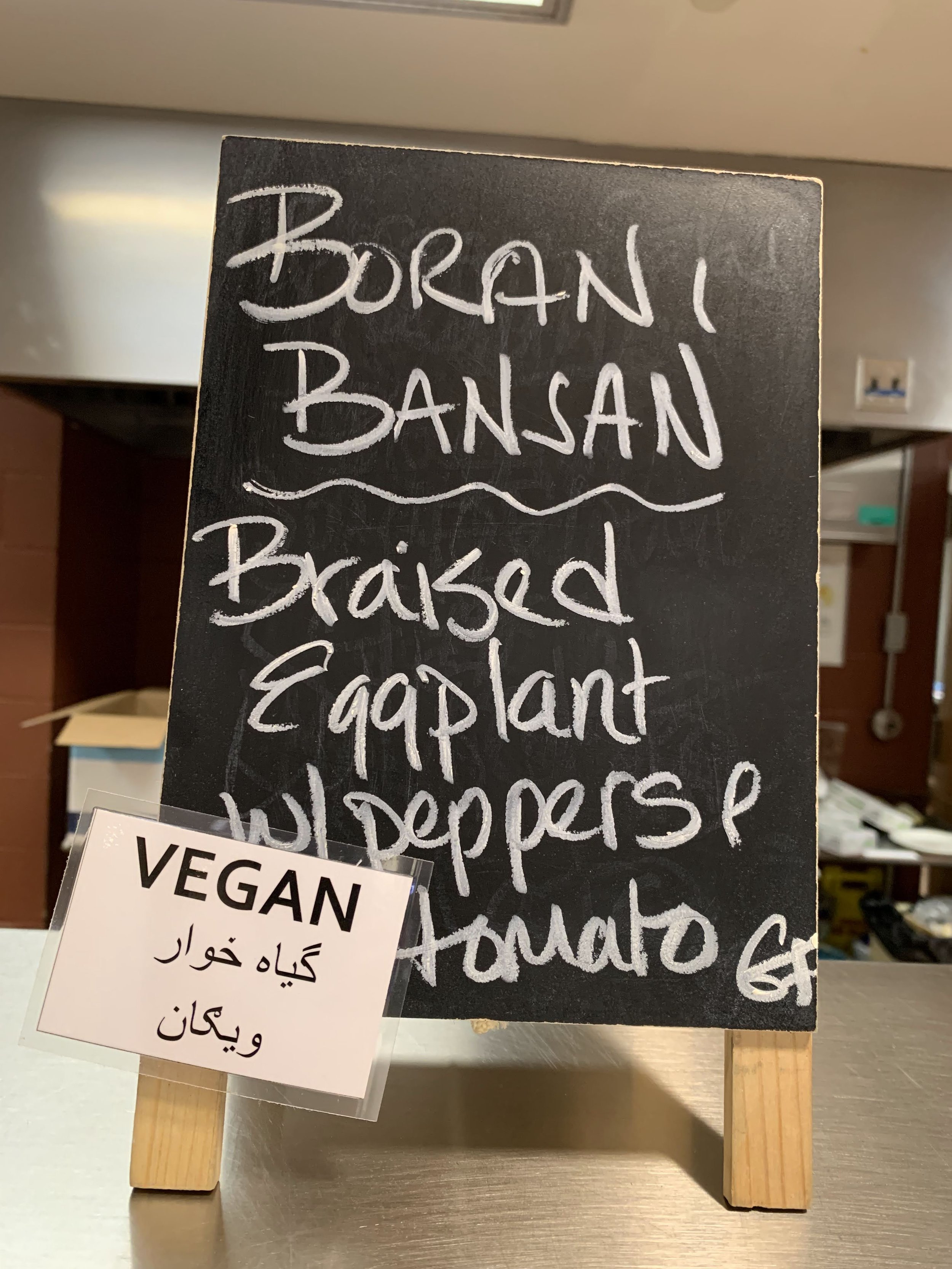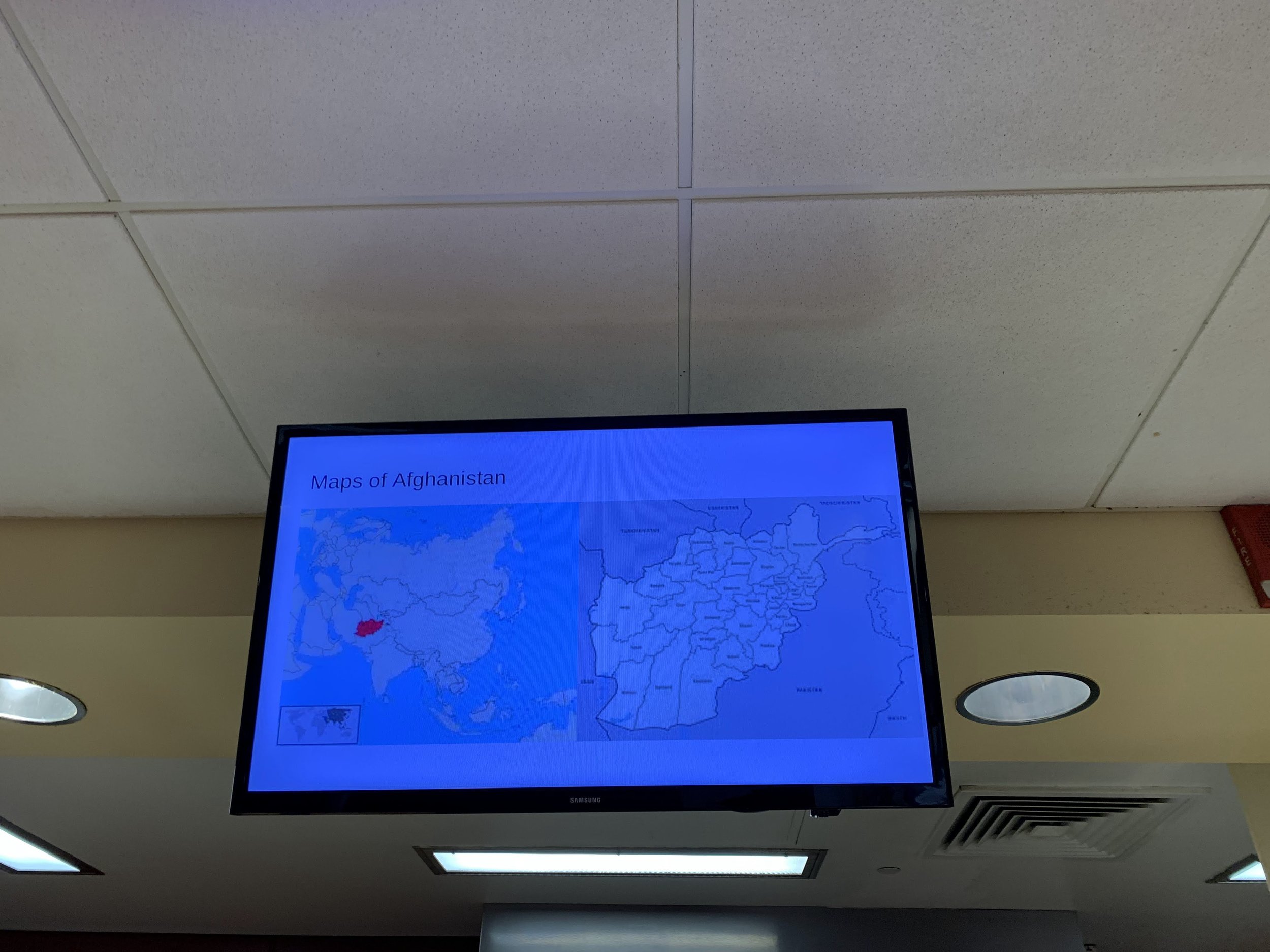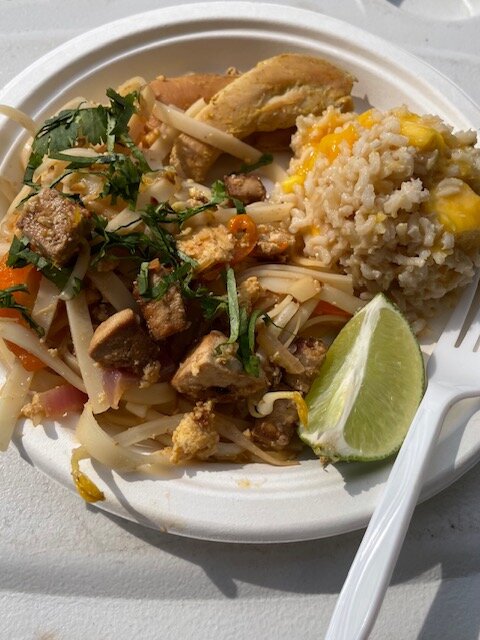Why we think it’s important
We see the positive impact Universal Meals makes in our region. The Brattleboro Town School and the Windham Central Supervisory Union both offer free meals to their students. Both districts have seen dramatic increases in meal participation after implementation. This means more students have a reliable source of healthy, nutritious food and the Food Service Programs have more money through federal and state reimbursements to further improve the quality of their food. This is a virtuous cycle that we’d be excited to see expanded to all districts throughout the state.
Who supports it
In the Vermont House of Representatives, there are 27 co-sponsors of the bill, including Representatives Mollie Burke and Emilie Kornheiser from Brattleboro. The Vermont Senate version of the bill has four co-sponsors. Currently, the bill doesn’t have any co-sponsors from southern Vermont. Reach out to your state senator and encourage them to join this bill!
Current status
Both the House and Senate versions of the bill are currently in committee (sub-groups of the House and Senate that focus on specific areas of governance, like education, health care, and transportation). The Senate Committee on Education and the House Committee on Education are both currently discussing the bill. Most recently, the House Committee on Education met to discuss the bill on February 5th.
Interested in more?
Our friends over at Hunger Free VT are leading the charge. They’ve created a website specifically for the Universal Meals bill. They’ve also made a factsheet with more detailed info on what the bill proposes.
Want to talk with your local representative? Easily look up your local Senators and Representatives here!




